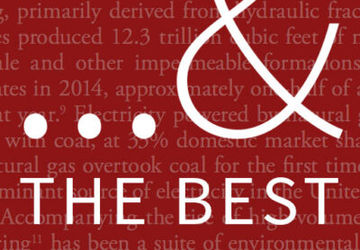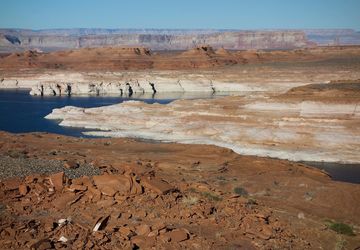Abhishek Kumar (he/him)
Hometown: Ranchi, India
Area of Study: M.S. Civil and Environmental Engineering ‘23
Internship: California Air Resources Board
Abhishek Kumar reflects on his summer internship project on greenhouse gas exhaust emission standards for the light-duty vehicles in California
I am deeply appreciative of the opportunity I've been given to work with the California Air Resources Board (CARB) this summer. It fills me with great pride to be a part of the dedicated team at the Low Emission Vehicle team within the Advanced Clean Cars branch. This team of experts is tirelessly committed to formulating regulations that swiftly curtail emissions from light-duty passenger cars, pickup trucks, and SUVs. I consider myself fortunate to be contributing to the noble cause of advancing cleaner transportation in California. Given that the transportation sector is responsible for over half of the state's climate-altering greenhouse gas (GHG) emissions, it's imperative that we address this issue resolutely to fulfill the state's ambitious climate and energy objectives.
My current project revolves around evaluating a range of GHG exhaust emission standards for light-duty vehicles spanning the model years 2029 to 2034. This involves a meticulous assessment of diverse GHG exhaust emission standards for passenger cars and light-duty trucks, using the OMEGA model developed by the US Environmental Protection Agency (EPA). My present focus lies in curating the essential input data files that are pivotal for executing the model. These data files are derived from the information utilized by the federal EPA to establish new nationwide regulations for light-duty vehicles.
Presently, CARB has retained consistent CO2 target value standards for Internal Combustion Engine (ICE) vehicles beyond 2025. Yet, there's a noteworthy concern given the projected sales of a significant number of ICE vehicles from 2026 to 2034, despite the introduction of Advanced Clean Cars II regulations. This issue stems from the fact that the widespread adoption of Zero Emission Vehicles (ZEVs) by 2035 could potentially lead to facile compliance with the prevailing GHG standards and the newly introduced federal EPA standards. A plausible scenario emerges where manufacturers might certify ICE vehicles to higher CO2 standards (a concept known as backsliding), while still managing to meet the fleet average GHG standard. Our objective is to proactively avert the manifestation of such a circumstance.
On a personal level, the enriching experiences I have gained over the course of this summer have undeniably solidified my fervent aspiration to pursue a career within the industry once my fellowship concludes. The dynamic nature of this work, coupled with its profound impact on environmental well-being, truly resonates with me. I am deeply motivated to channel my enthusiasm into meaningful actions that align with the broader goals of fostering greener transportation solutions.



